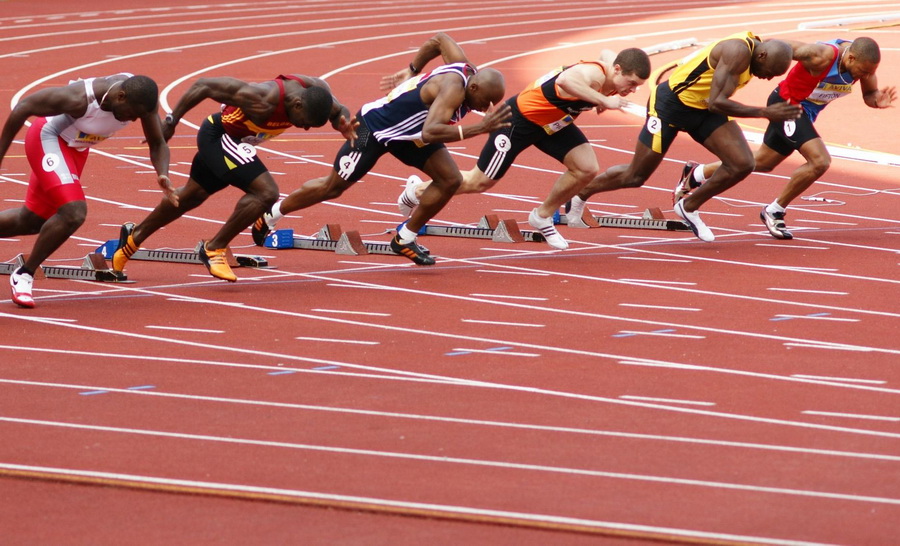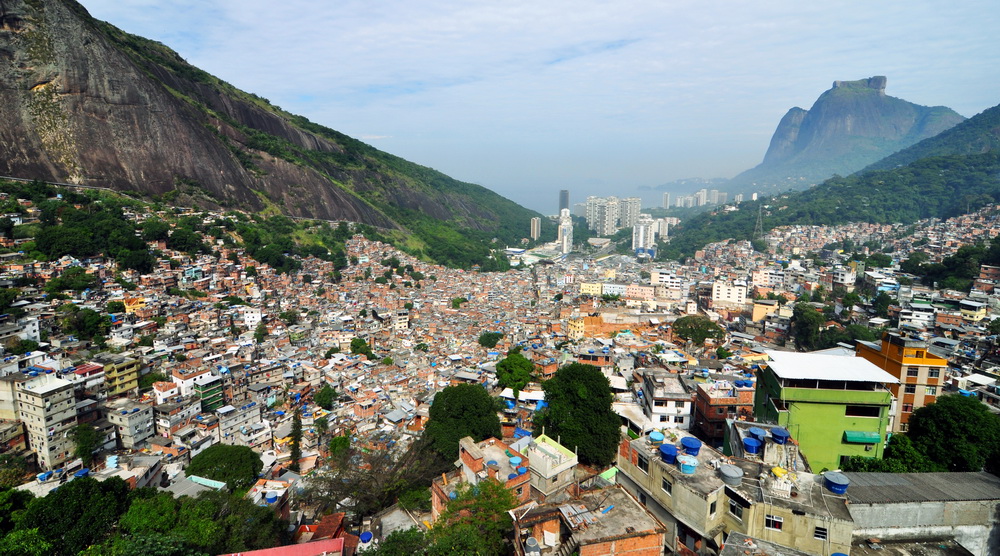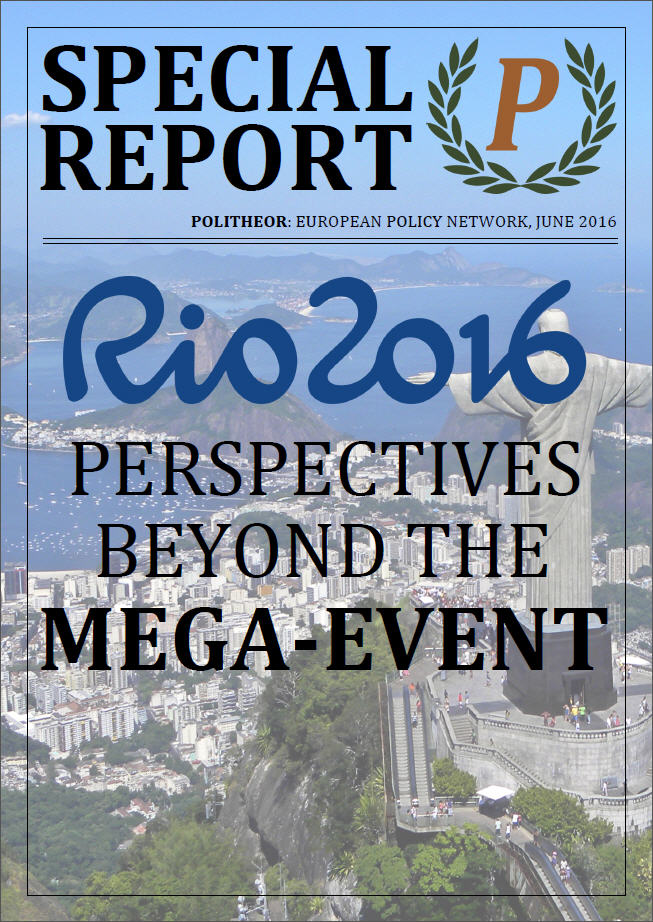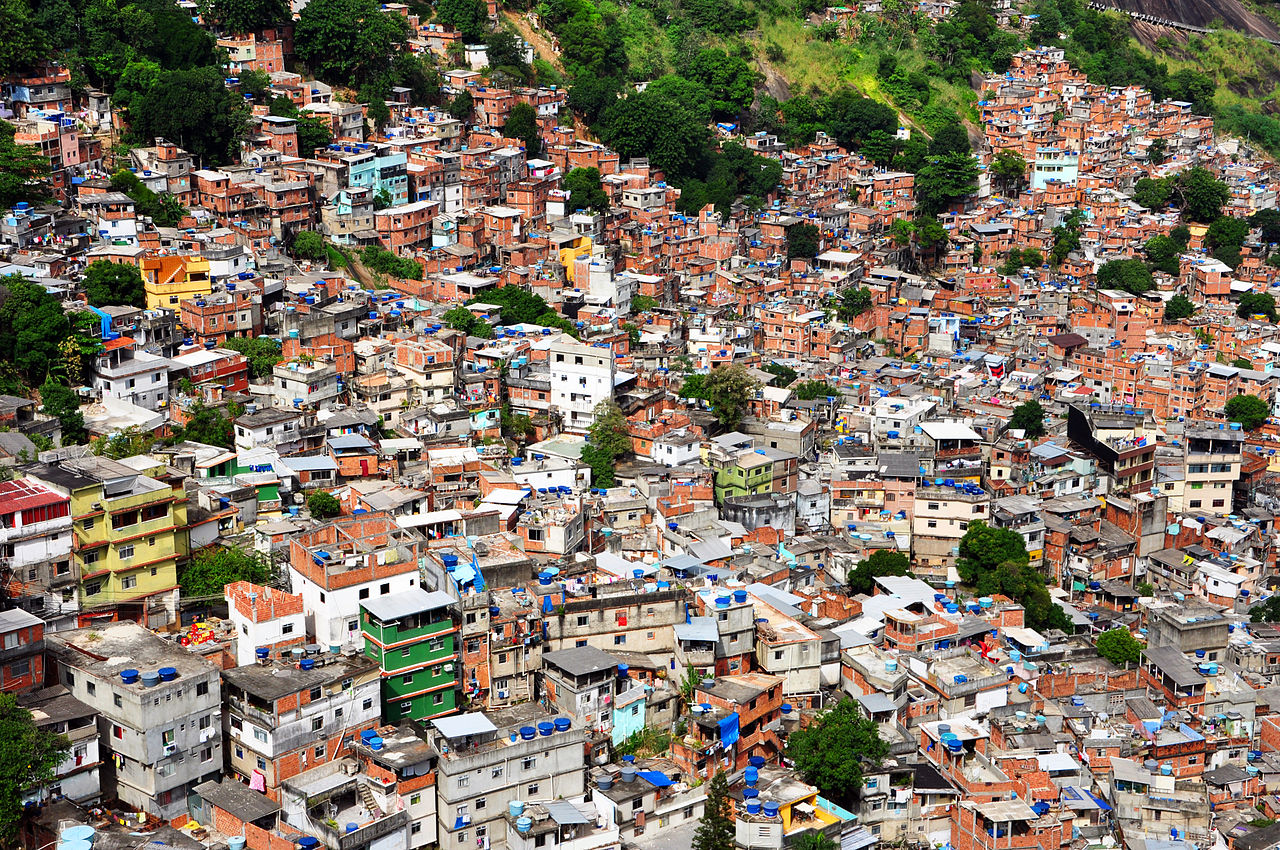POLITHEOR
European Policy Network
Olympics
- Home
- Olympics

Ready, Set, Go: Fighting Olympic Corruption0
- International Relations and Global Affairs, Op-ed
- 08/07/2016
The preparation of the Olympic Games ends on a false note. In recent weeks, numerous scandals flooded news outlets all over the world. Be it the recent doping revelations, inconsistent awarding procedures or domestic cases of corruption that started with Petrobras and led to the impeachment of President Dilma Roussef. However, there is a straightforward solution for the IOC (International Olympic Committee) to mitigate the scandals related to the construction of the Olympic infrastructure: transparency in public procurement procedures.
READ MORE
The unexpected champion: How Rio’s favelas strive to go green while Olympic legacy falls short1
- Environment and Energy, Op-ed
- 01/07/2016
The municipal government of Rio de Janeiro has promised to urbanize its favelas by 2020, but projects supposed to upgrade the favelas’ infrastructure and create jobs have quickly lost momentum. Fortunately, an unexpected champion has emerged, as residents of favelas have come together and taken the initiative to “green” their communities with reforestation projects, rooftop solar panels and community food gardening, highlighting how sustainable urban design should be done.
READ MORE

Politheor’s Special Report on RIO 2016: Perspectives beyond the mega-event11
Over the past decade Rio has hosted the Pan-American Games (2007), the World Cup (2014), and now, on the 5th of August, the Rio Olympics will kick off. Not only is Rio de Janeiro the first Latin American city to host the Games, but it also differs vastly from Barcelona and Los Angeles in size, economy and society. It’s a mega-city with a metropolitan area that counts over 12 million people, that copes with a stubbornly persisting social divide, and that is already one of the tourist hot spots on the globe.
READ MORE
Who pacifies the market? Community policing and gentrification in Rio de Janeiro0
- International Relations and Global Affairs, Op-ed
- 24/03/2016
Imagine Rio de Janeiro. The dilapidated colorful shacks boom up majestically from the exotic beaches of Ipanema and Leblon. Recently pacified favelas like Rocinha and Vidigal are open for business. Yet, formalizing the informal via policies like community policing (UPP), has once again shown Rio’s obstinate urban exclusion and the persistence of its fragmented democracy.
READ MORE

